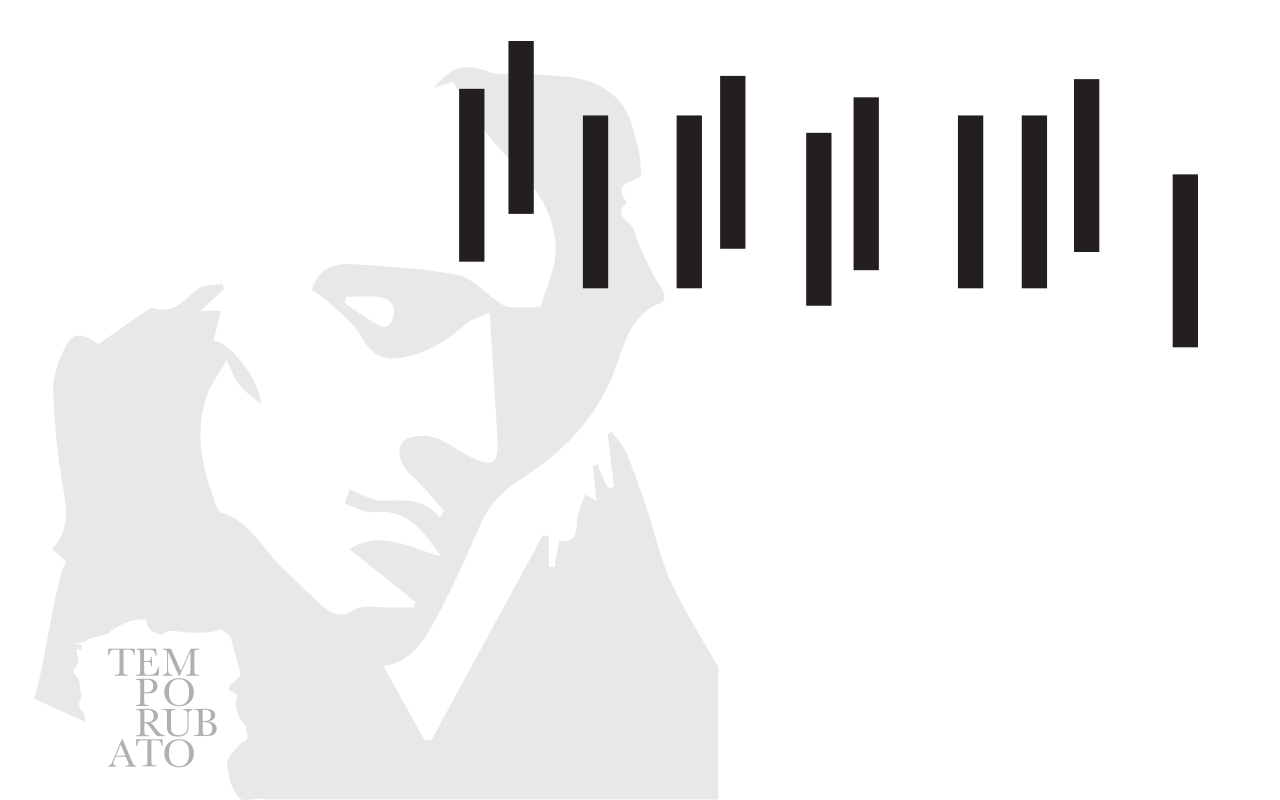
| Mazurek f-moll op. 68 nr 4 |
| Minute Waltz in D flat major, Op. 64 No. 1 |
| Nocturne in E flat major, Op. 9, No. 2 |
| Nocturne in B flat minor, Op. 9 No. 1 |
| Nocturne in G minor, Op. 37 No. 1 |
| Polonaise in A flat major, Op. 53 |
| Polonaise in A major, Op. 40 No. 1 |
| Polonaise in C minor, Op. 40 No.2. |
| Raindrop Prelude in D flat major, Op. 28, No. 15 |
| Revolutionary Étude Op. 10, No. 12 in C minor |
| Scherzo in B flat minor, Op. 31 |
| Sonata No.1 in C minor, Op. 4 |
| Sonata in B flat minor Op. 35 No. 2 | March Funebre |
| Sonata in B flat minor Op. 35 No. 2 | Grave. Allegro |
| Walc-h-moll-[op.-69-nr-2]-(WN-19) |
| Waltz in C sharp minor, Op. 64 no. 2 |
| Waltz-in-E-flat-major,-Op.-18 |
| Waltz-in-A-minor,-(WN-63) |
| Waltz-in-A-flat-major,-Op.-34-No.-1 |
| Waltz-in-F-major,-Op.-34-No.-3 |
| Waltz-in-A-minor,-Op.-34-No.-2 |
| Wish Op. 74 No. 1 |